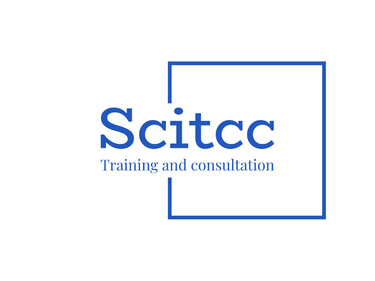
Operational System Manuals for Systems and Information
Operational System Manuals for Systems and Information
$5500.00
Course Content
Day 1: Introduction to Operating Systems and Information Systems
Definition of operating systems and information systems: Understanding the basics and definitions.
The importance of operational systems in institutions: How they contribute to improving performance.
Types of operating systems: Embedded systems, personal computer systems, and servers.
The relationship between information systems and operational systems: The integration between the two systems and its impact on performance.
Day two: Components of Operating Systems
The basic components of the operating system: The processor, memory, and input/output units.
Memory management: Memory allocation mechanism, space management.
Operations management: Understanding how to manage systems for software processes.
File management: File systems and how to organize data.
Day Three: Operation and Resource Guides in Operational Systems
User and permission management: Authentication and privacy.
Operation manuals: Performance monitoring and expectation management.
Network management and inter-system communication: Connecting different systems through networks.
Securing operational systems: How to protect the system from threats.
Day Four: Dealing with Malfunctions and Issues in Operational Systems
Common types of malfunctions: Software, hardware, and connections.
Diagnostic and repair tools: How to use monitoring and testing tools.
Recovery procedures after failure: Backup systems and emergency procedures.
Updates and maintenance: How to keep the operating system updated and secure.
Day Five: Practical Applications and Integration of Operating Systems with Information Systems
Case studies: Real-life examples of operational system success.
Conducting practical exercises: Applying the tools learned in a practical course.
Integration with analysis tools and performance reports: How to use data to improve systems.
Future trends: New innovations in operational systems.
Course Conclusion:
Comprehensive content review.
An open discussion on the challenges of implementing operational systems at work.
Course evaluation and opening the floor for questions.


